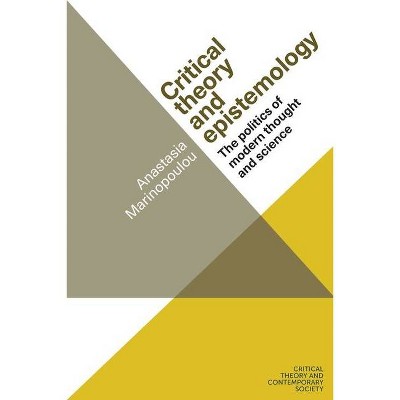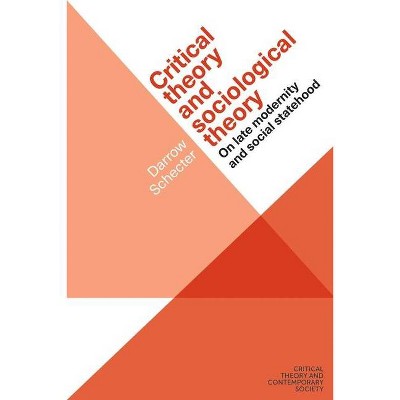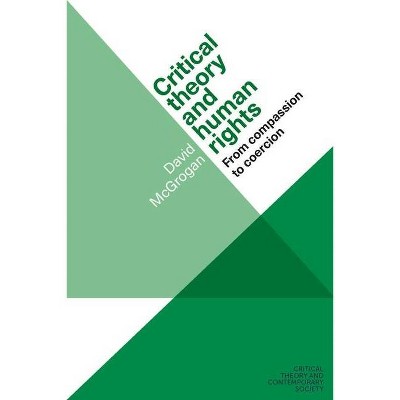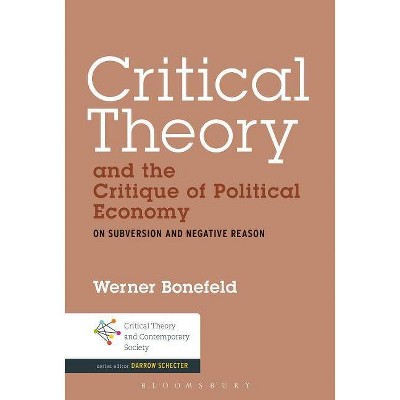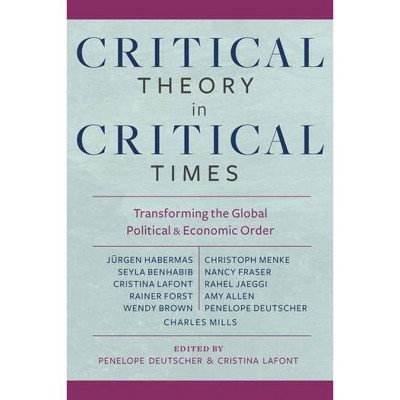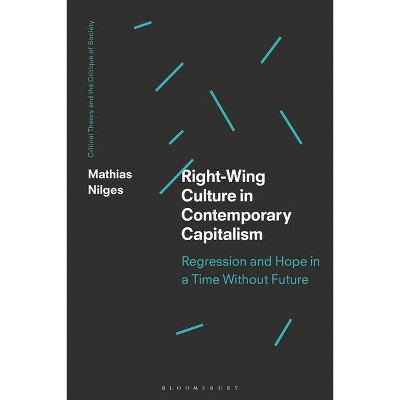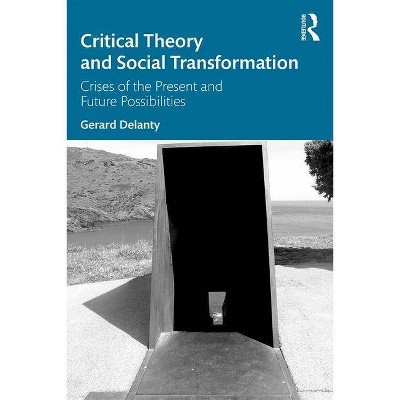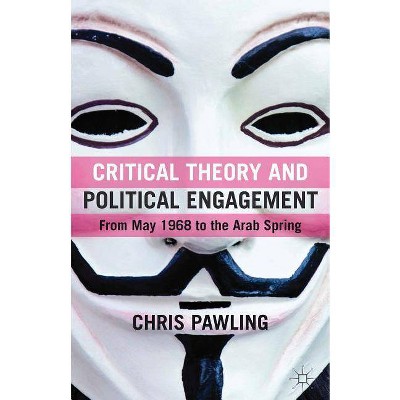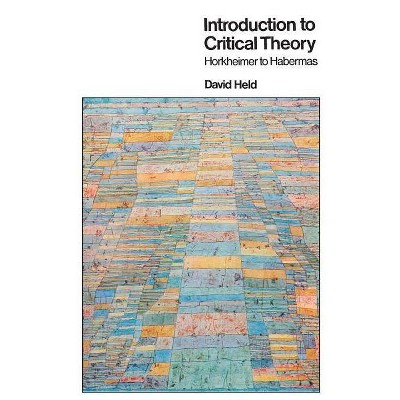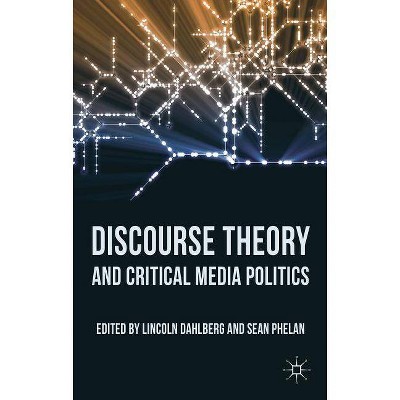Critical Theory and Feeling - (Critical Theory and Contemporary Society) by Simon Mussell (Paperback)
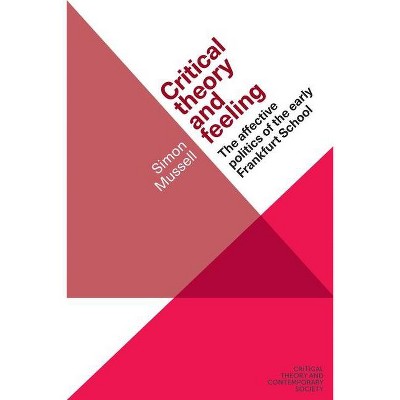
Similar Products
Products of same category from the store
AllProduct info
<p/><br></br><p><b> About the Book </b></p></br></br>This book examines the vital role of affect and feeling within the work of the early Frankfurt School. The author investigates a range of concepts - including melancholia, hope, (un)happiness, objects, and mimesis - and argues that a contemporary reading of critical theory needs to accommodate an adequate understanding of affect.<p/><br></br><p><b> Book Synopsis </b></p></br></br>This book<i> </i>offers a unique and timely reading of the early Frankfurt School in response to the recent 'affective turn' within the arts and humanities. Resisting the overly rationalist tendencies of political philosophy, it argues that critical theory actively cultivates a powerful connection between thinking and feeling, and rediscovers a range of often neglected concepts that were of vital importance to the first generation of critical theorists, including melancholia, hope, (un)happiness, objects and mimesis. In doing so, it brings the dynamic work of Walter Benjamin, Theodor Adorno, Ernst Bloch and Siegfried Kracauer into conversation with more recent debates around politics and affect. An important intervention in the fields of affect studies and social and political thought, <i>Critical theory and feeling</i> shows that sensuous experience is at the heart of the Frankfurt School's affective politics.<p/><br></br><p><b> From the Back Cover </b></p></br></br>In this book, Simon Mussell explores the crucial role played by feeling and affect within the early work of the Frankfurt School. Engaging with recent developments in the field of affect theory, he argues that critical theory has always had an affective politics at its heart. While one of the leading legacies of the Frankfurt School aligns it with a rationalist critique of ideology and mass culture, Mussell draws attention to critical theory's affective, extra-rational side. Aiming to move beyond conventional readings of key texts, he addresses a selection of topics that meet at the intersection of critique and affect: melancholia, hope, (un)happiness, mimesis and objects. Such themes have received little attention since the philosophical appropriation and gradual de-politicization of critical theory. Against this background, Mussell strives to re-establish the connection between thought and feeling, and to restate the political, visceral and vital demands of the early Frankfurt School. Bringing contemporary theory and interpretation to bear on the work of such key thinkers as Adorno, Benjamin, Bloch and Kracauer, <i>Critical theory and feeling </i>outlines both how and why any renewal of critical theory today needs to reckon with the politics of affect. The book will prove an excellent resource to advanced students, researchers and leading scholars working primarily in critical theory, variants of Marxist social and political thought and affect theory.<p/><br></br><p><b> Review Quotes </b></p></br></br><br>'From new materialism to affect theory to object-oriented ontology/speculative realism, the Frankfurt School and critical theory have seldom been swept up into their escape velocities. Simon Mussell's book strikes like a force of gravity, a dialectical rebalancing that sturdies one's feet before launch, rekindling the historical-materialist engines that drive critique's politics to a full head of steam, shaking off whatever dust presumably clings to the Frankfurt School in order to show how emerging thought can always shudder in its orbit.' Gregory J. Seigworth, Professor of Communication Studies, Millersville University 'In a Brexit, Trump and "post-truth" world, Simon Mussell gives us first-generation critical theory tools to think through the emotional politics and political emotions of contemporary discontent. Chapters focused on hope, conscious un/happiness, and "entanglement of human beings, capital and objects" create a persuasive case for understanding the centrality of feelings in and for progressive social change.' Catherine Lane West-Newman, Senior Lecturer in Sociology and Criminology, University of Auckland<br><p/><br></br><p><b> About the Author </b></p></br></br>Simon Mussell is an independent researcher and editor
Price History
Cheapest price in the interval: 29.99 on November 8, 2021
Most expensive price in the interval: 29.99 on December 20, 2021
Price Archive shows prices from various stores, lets you see history and find the cheapest. There is no actual sale on the website. For all support, inquiry and suggestion messagescommunication@pricearchive.us
